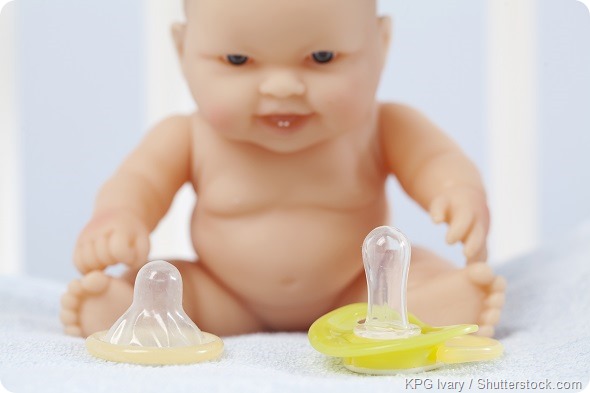The use of dolls that mimic real babies may encourage rather than deter teenage girls from getting pregnant according to the results of a controlled randomized trial.
The use of life-like dolls that cry to be fed and changed and 'wake up' in the night for feeding (infant simulators) have been widely used in developed countries to deter teenage girls from getting pregnant. It was thought that experiencing first-hand the responsibility of caring for a baby and the 24-hour commitment it requires would encourage girls to enjoy teenage life before starting a family. However, their use was based on expectation and hypothesis since there was no published evidence of their long-term effect.
The results of the first randomised controlled trial to investigate the effectiveness of using infant simulators as a pregnancy deterrent have just been published and indicate that they may not effectively deter teenage girls from becoming pregnant. In fact the data show that the girls who cared for an infant simulator were more likely to become pregnant than those who did not.

The study was conducted across 57 schools in Western Australia, which were randomly assigned to either participate in the infant simulator pregnancy prevention scheme (1267 girls) or to provide standard health education curriculum (1567 girls). The girls who participated in the study were aged 13–15 years at the start of the study and were followed until the age of 20 years.
Surprisingly twice as many girls in the group became pregnant compared with the control group (8% versus 4%). Similarly, abortion rates were higher in the infant simulator group than in the control group (9% versus 6%).
Study author, Dr Sally Brinkman of the University of Western Australia commented:
Our study shows that the pregnancy prevention programme delivered in Western Australia, which involves an infant simulator, does not reduce the risk of pregnancy in teenage girls. In fact, the risk of pregnancy is actually increased compared to girls who didn’t take part in the intervention”.
However, further evaluation studies may be needed to confirm these findings since the overall participation rate was quite low (45% in the control schools and 58% in the intervention schools) and there is no information about the girls who chose not to enrol.
Nonetheless, similar programmes are reportedly delivered in 89 countries across the world and the results this trial highlight the need for evaluate whether the adoption of such schemes is prudent use of public funds.
Source:
Brinkman S, et al. Efficacy of infant simulator programmes to prevent teenage pregnancy: a school-based cluster randomised controlled trial in Western Australia. Lancet August 2016. Epub ahead of print. available at http://www.thelancet.com/journals/lancet/article/PIIS0140-6736(16)30384-1/abstract